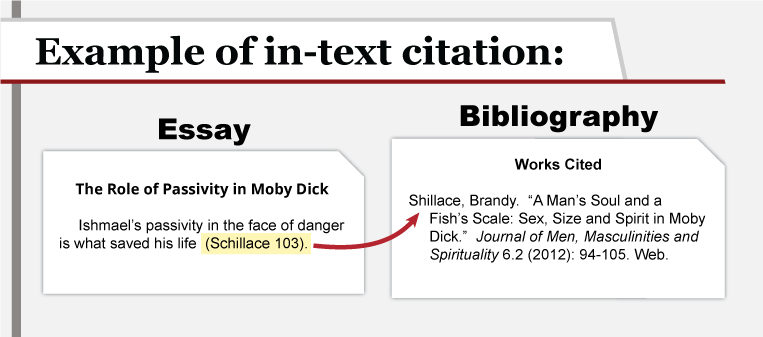
Here are sources for citing using MLA style
Here are sources for citing in APA style
Occupational Outlook Handbook
A classic reference about occupations from A to Z. Compiled by the US Bureau of Labor Statistics. Includes a description of the work, training and education needed.
O'Net Online
Free database providing information on hundreds of occupations along with Career Exploration Tools. Use the link to My Next Move to Use the Interest Profiler - complete a sixty-item questionnaire to find career options that match your interests/skills.
Books - information on majors and future careers
Great Jobs for Anthropology Majors
Call Number:GN41.8.C35 2005
Great Jobs for Psychology Majors
Call Number:BF76.D44 2001
Careers for Foreign Language Aficionados & Other Multilingual Types
By Day, J. Laurence
Call Number: P60 .D39 2008
McGraw-Hill's Careers for History Buffs & Others Who Learn from the Past
By Camenson, Blythe
Call Number: E175 .C33 2001
History of academic disciplines; Business, Sociology, Psychology, Journalism, Hotel/Hospitality, Kinesiology and UNLV Colleges (Liberal Arts, Education, etc.)
Remember, organizations are mission driven and have a purpose and position on various social, economic or political issues .They are not designed to be objective or present differing viewpoints.
Evaluate a website: Is it credible?
Things to notice:
Does the site have an author or organization responsible for content? If not, where and how does the site obtain their information?
Can you discover information about the author - credentials, degrees, other published works, etc.
You can ask Google to search only for information from the government or universities or organizations - gov or edu or org.
For example, if your topic is the homeless in Nevada
For government information type: homeless Nevada site:.gov
For non-profit organizations in Nevada type: homeless Nevada site:.org
For information from universities and colleges type: homeless Nevada site:.edu
Type in keyword/s or topic space site colon period and either gov or org or edu
Tips to avoid Plagiarism:
Whenever you use someone's ideas in a paper or project, it's important to give them credit by citing them. This short video will show the different ways to use other people's ideas in your projects and papers.
Make sure that you are using the appropriate citation style for your course work. More information about three main citation styles can be found on the tabs to the left of the screen. No matter the style, citations always have two parts. There is the in-text citation that identifies where you used someone's ideas in your work, and the full information about the source you used in the bibliography of your paper or project.

Use Quick Search to find magazine and journal articles, newspapers stories and books.
Examples of Keyword Searches for Your Academic Discipline:
journalism and academic discipline
history and academic discipline
music and academic discipline
Examples of Keyword Searches for Your Major and/or Career:
music and careers
biology and careers
social work majors
anthropology majors
The Encyclopedia of higher education / editors-in-chief, Burton R. Clark and Guy R. Neave
Call Number: LB15 E49 1992
Location: Lied Library Reference Dept, 1st Floor
(4 vols--Vol. 4 focuses on Academic Disciplines)
The Norton history of the human sciences / Roger Smith
(This book focuses on the history of Social Sciences)
Call Number: H51 S56 1997 (3rd floor, Lied Library)
Criminal justice research and practice : diverse voices from the field / edited by Susan L. Miller
Call Number: HV6025 C735 2007 (4th floor, Lied Library)
The history of exercise and sport science / John D. Massengale, Richard A. Swanson, editors
Call Number: GV223 H57 1997 (3rd floor, Lied Libary)
You may want to search our databases, such as Academic Search Premier & JSTOR, along with Google Scholar.
For example, use search words:
journalism and history and academic discipline
history and academic discipline
music and academic discipline
African American studies and higher education
Some Sample Articles:
Skills Are Not Enough: The Case for Journalism as an Academic Discipline, Hugo de Burgh Journalism, Vol. 4, No. 1, 95-112 (2003)
Music as an Academic Discipline: Breaking New Ground by Straub NASSP Bulletin.1994; 78:30-33
Nursing: Whose Discipline is it Anyway? Nursing Science Quarterly, Vol. 17, No. 1, 55-62 (2004)